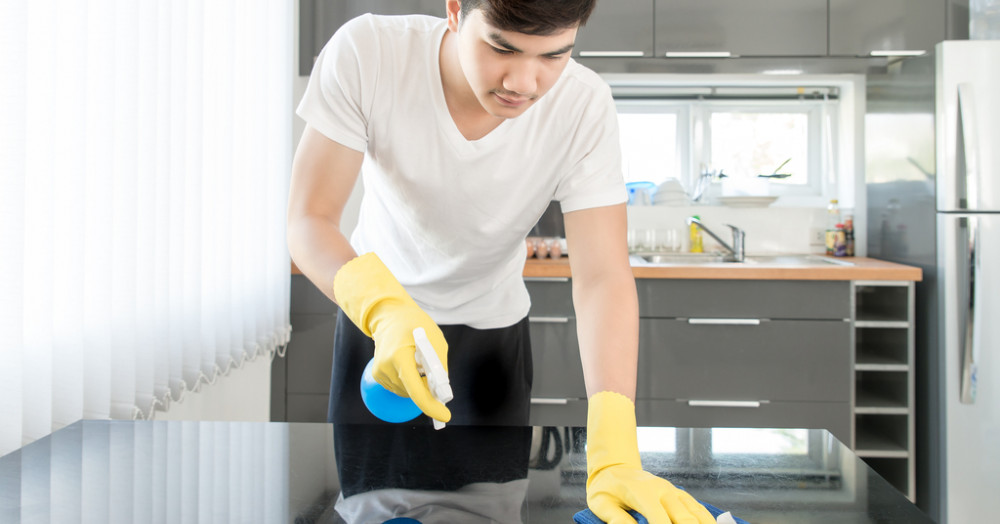
Tenants- what maintenance issues are your responsibility?
What repairs does a tenant need to fix?
The good news for tenants is that the vast majority of repairs within a house are down to the landlord and not the tenant. However, anything that is within the property that is owned by you (including furniture and appliances) that gets broken, well that is down to you to make sure it is fixed.
As a tenant you are also likely to be responsible for fixing things within the property that you have caused the damage to. It doesn’t matter if it would normally be something that the landlord would arrange to be repaired or replaced (such as carpets or doors). As you caused the problem, then it is down to you to make sure that it is repaired; however your landlord might be happy to organise the repairs on your behalf, passing the cost onto you.
When it comes to repairs, you may also find that within your tenancy agreement your landlord outlines particular repair costs that you might not realise are down to you. This often comes in the form of repair costs that relate to blocked drains, pipes or toilets. The reason for this is because issues within these parts of your home are usually caused by blockages, which in turn are caused by the tenant not taking reasonable care of the property.
What about the landlord?
As we have already covered, when it comes to renting a home, the majority of repairs and maintenance need to be covered by the landlord. This includes normal wear and tear. Over time, a home can start to show signs of being used and being lived in and the landlord should always take this into account within their rental property.
This means, if the tenant requires repairs or replacements to be made that are down to normal wear and tear, then the landlord needs to give this proper consideration. The landlord also cannot take out money that relates to normal wear and tear from the deposit when the tenant leaves the property.
Examples of normal wear and tear within a property includes a brand new carpet that has signs of use after some time, a threadbare carpet that has worn patches, window frames that have peeling paint due to both wind and rain.
Despite the landlord being responsible for much of the repair and maintenance work within a rental property, a tenant should always take care of the property too and make sure that there is minimal chance of damage occurring whilst they are living there.